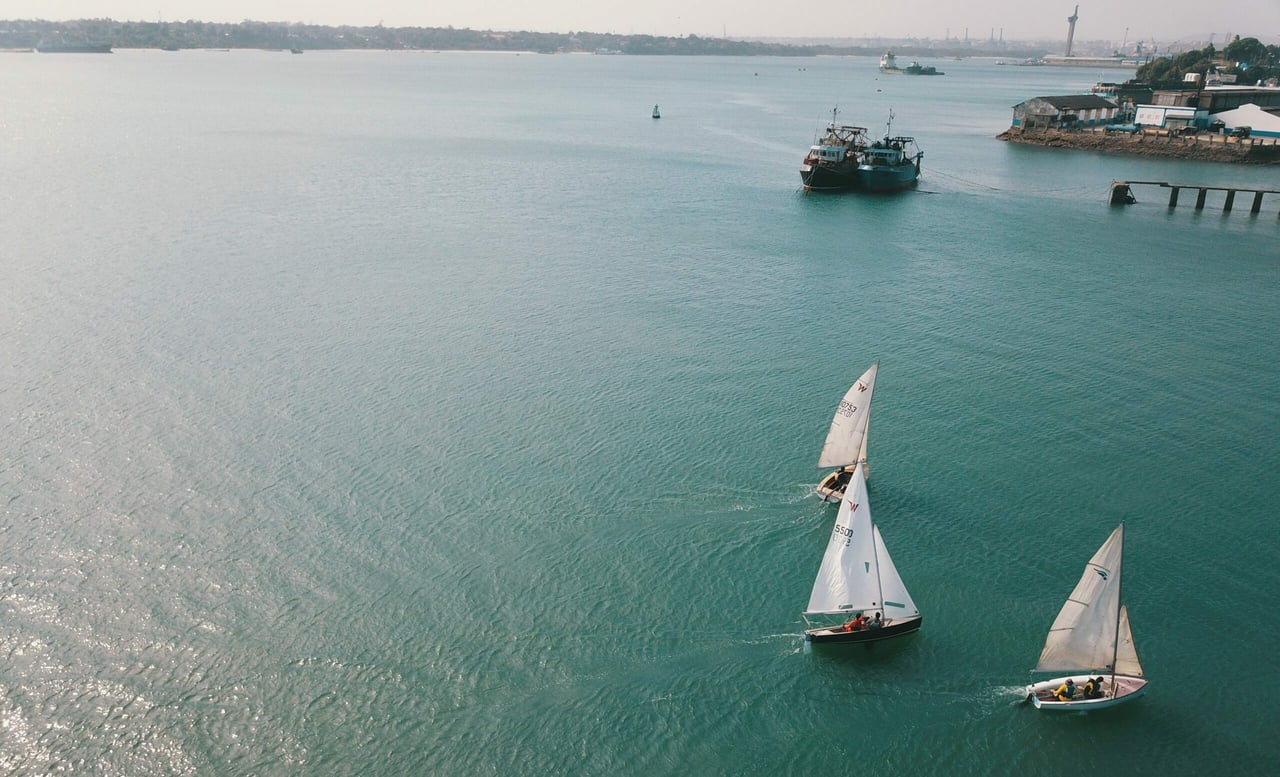IJM Kenya Launches New Project to Address Child Sex Trafficking in Mombasa

Mombasa, KENYA — International Justice Mission (IJM) has recently launched a project that aims at protecting thousands of children living in poverty against sex trafficking that is rampant in Kenya, especially in the Coastal region.
It is estimated there are up to 20,000 victims of child sex trafficking across Kenya, although only a fraction of cases are reported to the police. We believe, together with our partners, we will be able to protect many children who are trapped in this violence.
In 2019, IJM Kenya conducted an assessment of child sex trafficking in the southern parts of the Kenyan Coast, which indicated that the region remains a major child sex trafficking hotspot. The level of poverty in the Kenyan coastal communities reduces communal resilience to child sex trafficking, and a lack of adequate livelihood alternatives increases the risk of child sex trafficking. In the coastal communities, 40% of the population live on less than US$2 per day and many children and their parents are forced into differing forms of exploitation in exchange for money and essential goods and services.
Initial assessments have indicated that the prevalence of child sex trafficking is still high on the coast. We also observed that the crime is facilitated by family, friends and community members, tourists as well as strangers, who act as recruiters, agents, pimps and transporters. While some customers are foreign visitors, the majority are local, and many engage with individual victims on a long-term basis.
In November 2020, IJM, in partnership with the Global Fund to End Modern Slavery (GFEMS) launched a project to strengthen the government’s law enforcement response to child sex trafficking cases on the southern coast of Kenya - encompassing Kilifi, Kwale and Mombasa counties.
Through this project, IJM aims to strengthen the government of Kenya’s capacity to effectively investigate and prosecute child sex trafficking in the three counties by engaging victims and communities to increase reporting, and by providing training, mentoring, and technical assistance to justice sector and social services officials; this includes working closely with the Anti-Human Trafficking and Child Protection Unit, Mombasa office. The assistance will enable these actors to conduct more effective and victim-sensitive investigations, prosecutions and case management.
The project will not only seek to address gaps in reporting mechanisms and community-level response but will also focus on psychosocial support to victims and survivors, working through partner organiSations to accompany survivors through the healing process.
We believe this project is an important step in the fight to curb child sex trafficking in the coastal area where it has become an epidemic. As we work to build victim confidence in the justice system and increase justice system performance in responding to child sex trafficking, we believe this project will begin to deter perpetrators, reduce prevalence of the crime and bring protection to vulnerable children.
Note
This article was made possible through support provided by the Global Fund to End Modern Slavery under a Cooperative Agreement with the U.S. Department of State. The opinions expressed herein are those of the author and do not necessarily reflect the views of GFEMS or the U.S. Department of State.